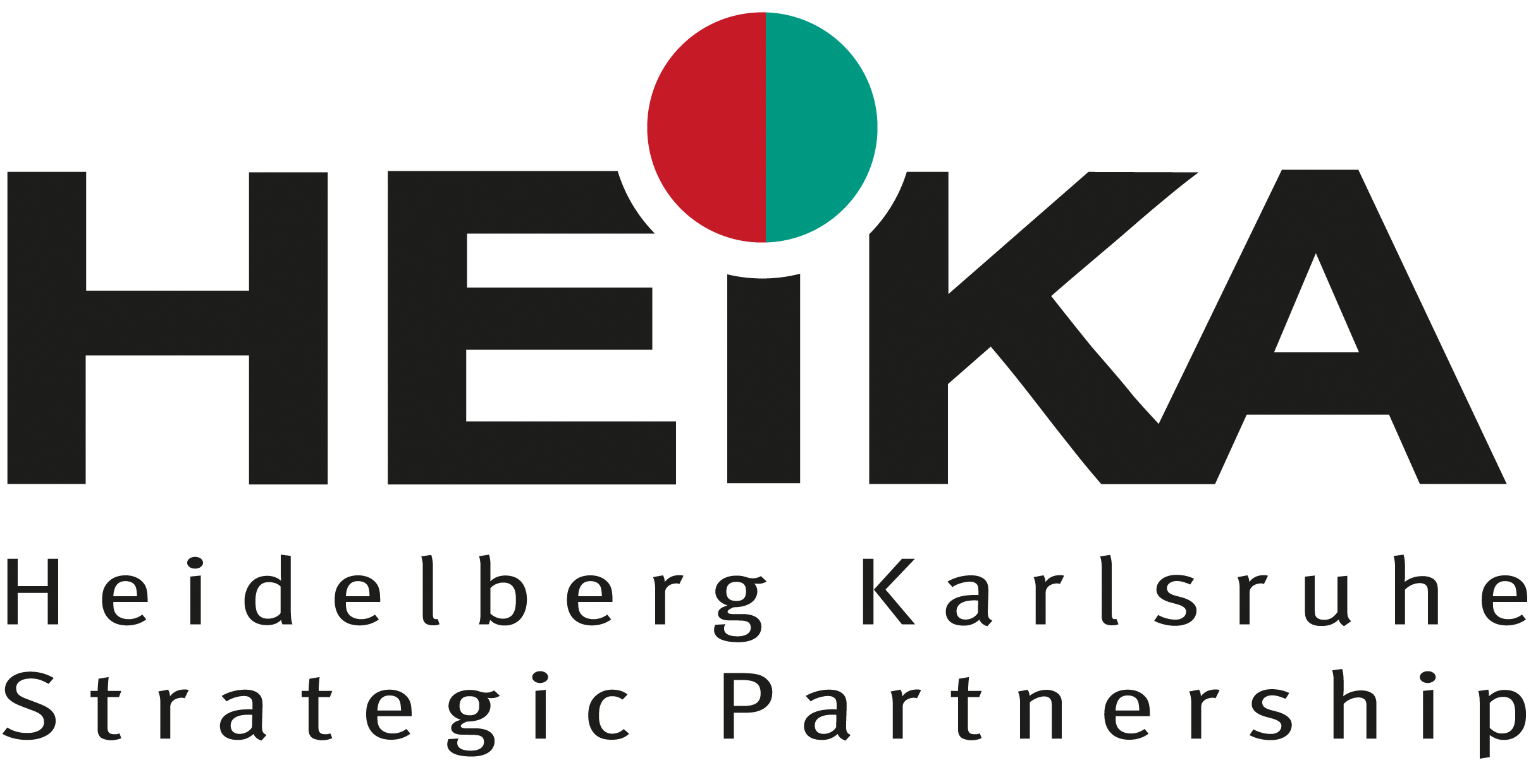Traditional techniques that determine gene or protein expression in bulk cell populations only produce an average molecular pattern, and therefore they are not suitable to assess cellular heterogeneity in biological systems. This has changed with the advent of single-cell RNA-seq methods, transforming the field of genomics by determining gene expression across multiple individual cells, having a profound impact in mechanistic biology and the clinic. At the protein level, mass spectrometry-based proteomics allows the unbiased characterization of protein expression in cells and tissue, now reaching the sensitivity to enable proteome profiling at the single-cell level, with the potential to revolutionize the field mirroring what single-cell sequencing has done in genomics. Yet, many steps remain to be optimized to replace existing workflows in bulk-proteomics by miniaturized sample handling procedures, to achieve the sensitivity and throughput demanded by single-cell analysis. In this project, we will combine expertise in functional materials and interface systems (KIT) with mass spectrometry and proteomics (UniHD), aiming to establish an integrated platform for single-cell proteome analysis. Specifically, we will develop a droplet microarray (DMA) platform that executes proteomic sample processing for single cells in sub-µl volumes, and that seamlessly interfaces with LC-MS for subsequent protein profiling. As a proof-of-principle we will determine protein expression in cells from different cell lines, with the perspective to establish this for patient-derived cells. In addition, we anticipate to closely connect with the existing single-cell community in Heidelberg, and apply single-cell proteomics in many areas of synthetic biology and biomedicine, including cell plasticity during differentiation and reprogramming, disease diagnostics, and ultimately individualized therapy.
Forschungsbrücken
Laufzeit
-
Institute of Biological and Chemical Systems
Karlsruhe Institute of Technology

